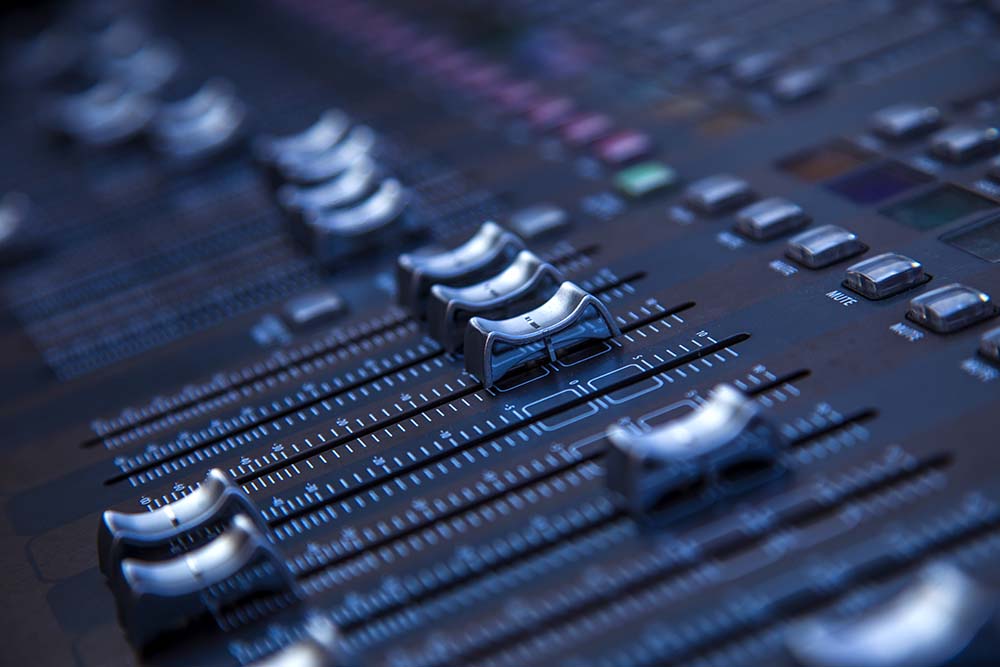Each song's eq might appear ideal by itself, but if you series them together, unexpectedly one song sounds too bright (or too dull ...). Adjusting the eq can even whatever out. Idea # 1: keep in mind that any eq changes to your stereo mix impact the entire mix - if you want to cut 3 db at 80Hz due to the fact that your mix sounds muddy, keep in mind to inspect how that affects all the instruments (e.g. the vocal), not simply the bass guitar and kick drum. Idea # 2: if you're uncertain about an eq decision throughout mixdown, understand that it's easier to cut lower frequencies in mastering than to boost them, and much easier to increase higher frequencies than to cut them. Compression: In mastering, this is utilized not just to control a mix or to include character, but likewise to "print" or send out as much level to the master as possible without clipping the signal. This can almost seem like a competitors for who has the loudest cd (" my record sounded fantastic till I listened on my CD carousel and Green Day was 5 db louder!"). However mastering engineers must stabilize level with sonic integrity. Levels: Preferably, a listener can play your record and not need to get up to adjust the volume. This is resolved in mastering, after the record has been sequenced. Just then can you truly know how levels connect to each other as one song ends and the next starts.
Spacing & Crossfading.
Spacing: there are various philosophies as to how one ought to approach the areas put in between songs on a record. Final pointer: you may be inclined to master the exact same recordings that you combined, whether it is for financial reasons, imaginative reasons, or merely since you can. We highly recommend that you get somebody else to master your task.
Typical areas of issue for a mastering engineer are: equalization (eq), compression, levels (volume) relative from one tune to the next, and spacing between songs. Or you might have 10 songs mixed by 3 various engineers in five different studios.
Each tune's eq might seem ideal by itself, however if you series them together, suddenly one song sounds too brilliant (or too dull ...). Pointer # Free Type Instrumentals Trap 1: remember that any eq changes to your stereo mix impact the entire mix - if you want to cut 3 db at 80Hz because your mix sounds muddy, remember to examine how that impacts all the instruments (e.g. the vocal), not just the bass guitar and kick drum. Compression: In mastering, this is used not simply to manage a mix or to include character, but also to "print" or send as much level to the master as possible without clipping the signal.
